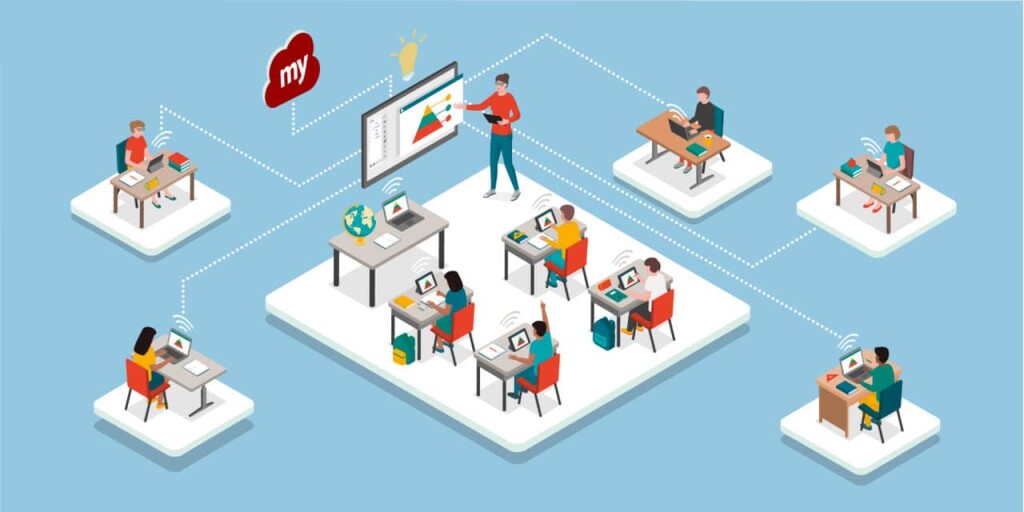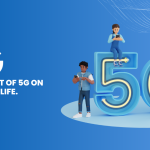
The education system was greatly affected by the COVID-19 pandemic. A survey found that over 1.2 billion children in 186 countries were affected by school closings and lockdowns. India was home to around 35 million students and 1.07 billion teachers. These figures include 20 lakh schools, 41.900 colleges, 1000+ universities and 10,726 independent institutes. This forced HEIs into a new way of operating.
All Indian universities have been forced to offer online education due to campus lockdowns. Faculty hours and hundreds of rupees are being used to convert old course materials, notes, and assessments into online formats.
Hybrid Learning combines online and in-class learning to create a seamless education experience. This format has one of its greatest strengths: it allows students to have flexibility in their learning pace, which is a necessity in a world that is experiencing a pandemic.
Moving to a Hybrid Learning model Post Covid 19
Although remote learning has been declared "the new normal" by the pandemic, institutions will need to balance "online" and "on-campus" in the near future. It will mean:
Invest in a robust technology infrastructure that supports virtual and mixed interactions
Faculty and staff should be offered training so they can seamlessly use hybrid tools.
Instill digital literacy skills in students so they can easily adapt to the hybrid model.
Virtual communities can be built to complement in-person interactions.
Flexibility in the pedagogical calendar allows learners to work simultaneously on a long-term internship, job, or project.
Develop competency-based and outcomes-based programs to meet the changing needs of the global workforce.
Through academic advising, we are focusing on the building of mentor-mentee relationships.
Students can reap the benefits of hybrid learning
Students are free to choose how they learn, subject-by-subject. One of the greatest advantages to hybrid learning is the ability to choose between in-person and remote learning .
Online quizzes and grading are quick and easy ways for learners to get instant feedback. However, they also improve their social skills. Numerous studies have shown that screen time can negatively impact self-growth and lead to psycho-social problems.
A hybrid learning method can reduce absences from a course. This model allows students to attend online classes even if they feel unwell.









